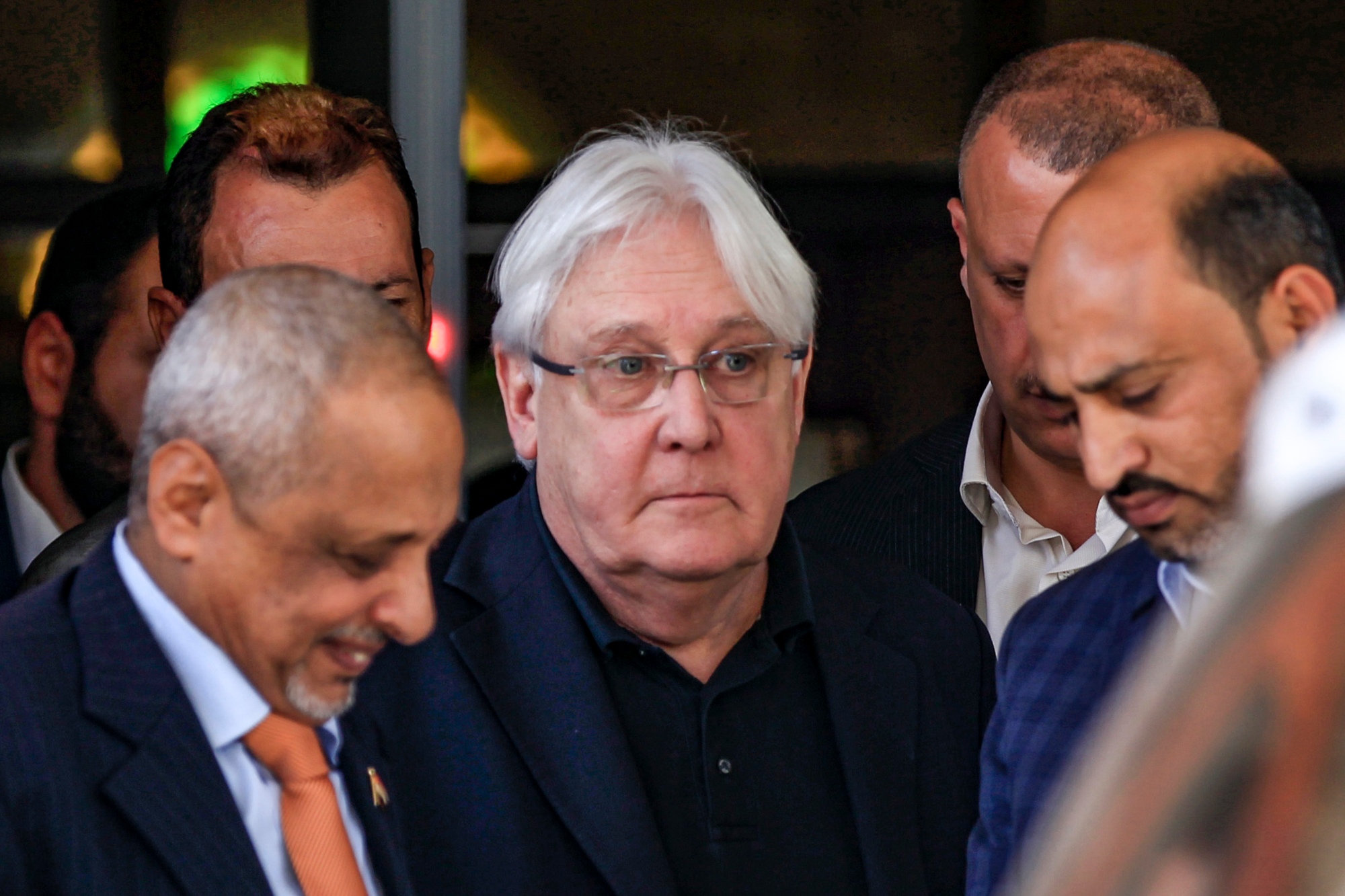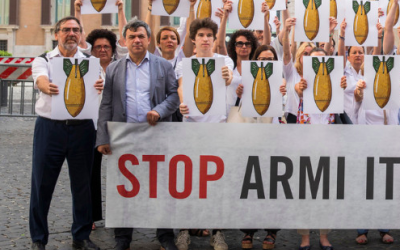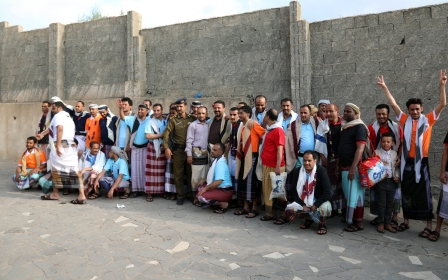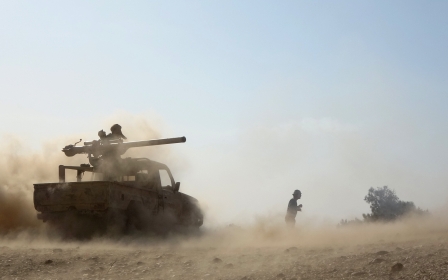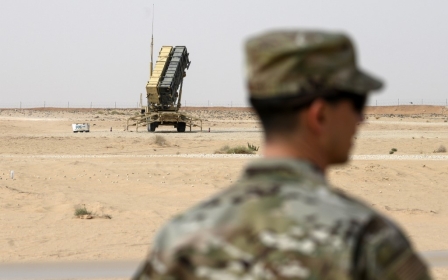Saudi Arabia arms deals: UK ‘prolonging’ Yemen war with weapon sales
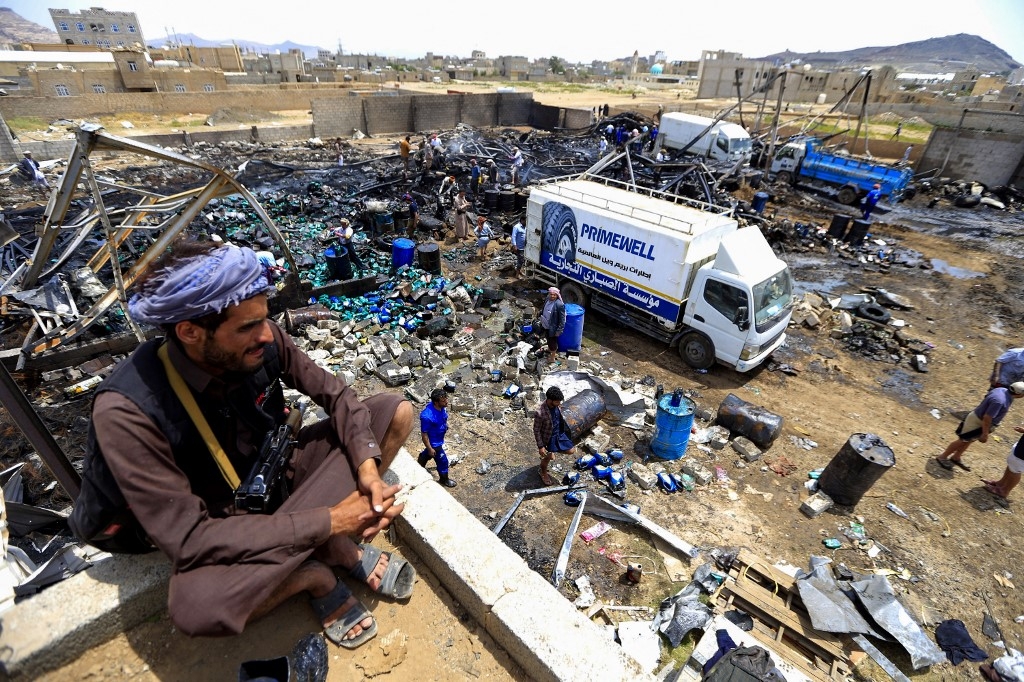
Oxfam accused Britain on Monday of "prolonging" the war in Yemen through the sale of millions of dollars in arms to Saudi Arabia after restrictions on selling weapons to the Gulf kingdom were lifted.
Government documents released on Monday showed a large increase in export licenses of UK arms destined for the Saudis, which Oxfam suspects will be used in Yemen.
The approved licences include equipment for the maintenance of Saudi fighter jets and in-flight refuelling that will allow Saudi aircraft to fly for long periods.
'This is the largest increase in arms exports to Saudi Arabia since March 2015'
- Martin Butcher, Oxfam
The UK also issued open licences for bombs, missiles and rockets worth £1.36bn in 2020, and a further, unlimited amount until 2025.
The arms export licenses were authorised after a year-long suspension on weapons sales to Saudi Arabia - ordered by UK courts - had been lifted.
The moratorium was introduced after the UK-based Campaign Against Arms Trade (CAAT) launched a legal challenge that led UK courts to order a review into instances where Riyadh used British weapons to breach humanitarian law in Yemen.
Martin Butcher, an arms control expert for Oxfam, said the increase in arms licenses demonstrated the UK "once again putting profit over people".
"This is the largest increase in arms exports to Saudi Arabia since March 2015, and takes the known total of licenses up to £6.7 billion since Riyadh began its intervention in Yemen," Butcher told Middle East Eye.
"The missiles/bombs allow the fighting to continue unabated. The parts and components... enable BAE [British Aerospace - an arms manufacturer] and other UK companies to keep the Saudi Air Force flying."
Lack of influence
Last week, UN officials said that the ongoing war in Yemen was pushing the country towards the worst famine the world had seen in decades.
UN Special Envoy Martin Griffiths told the Security Council that Houthi rebel attacks threatened to displace tens of thousands of civilians in the Marib province.
Marib, controlled by the Saudi- and Western-backed Yemeni government, had been a haven for refugees fleeing other parts of the country until new fighting began.
“Back in 2015, the argument that British arms sales ensure we have influence over Saudi policy in Yemen was difficult to argue against because there was no data to counter it," said Butcher. "But six years later, you can see the state of Yemen and show that British influence has not stopped the suffering Yemen’s war has brought on innocent Yemenis.”
CAAT welcomed Oxfam's findings and said it believed Britain was making a "deliberate choice to cause more death and suffering to the Yemeni people".
"Oxfam is right to draw attention to the airborne refuelling equipment as an important factor in enabling Saudi air strikes that have killed so many civilians and destroyed so much vital infrastructure," a CAAT spokesperson told MEE.
A UK government spokesperson told the Guardian: “The UK operates one of the most comprehensive export control regimes in the world. The government takes its export responsibilities seriously and rigorously assesses all export licences in accordance with strict licensing criteria.”
Oxfam's criticism of Britain comes after Italy and the US this year stopped selling weapons to Saudi Arabia and the UAE because of their role in the Yemen war.
"President Biden has said that the war in Yemen has to end," said Butcher.
"The UK government should now follow (the US's and Italy's) lead and end all support for offensive arms in Yemen."
Middle East Eye propose une couverture et une analyse indépendantes et incomparables du Moyen-Orient, de l’Afrique du Nord et d’autres régions du monde. Pour en savoir plus sur la reprise de ce contenu et les frais qui s’appliquent, veuillez remplir ce formulaire [en anglais]. Pour en savoir plus sur MEE, cliquez ici [en anglais].


